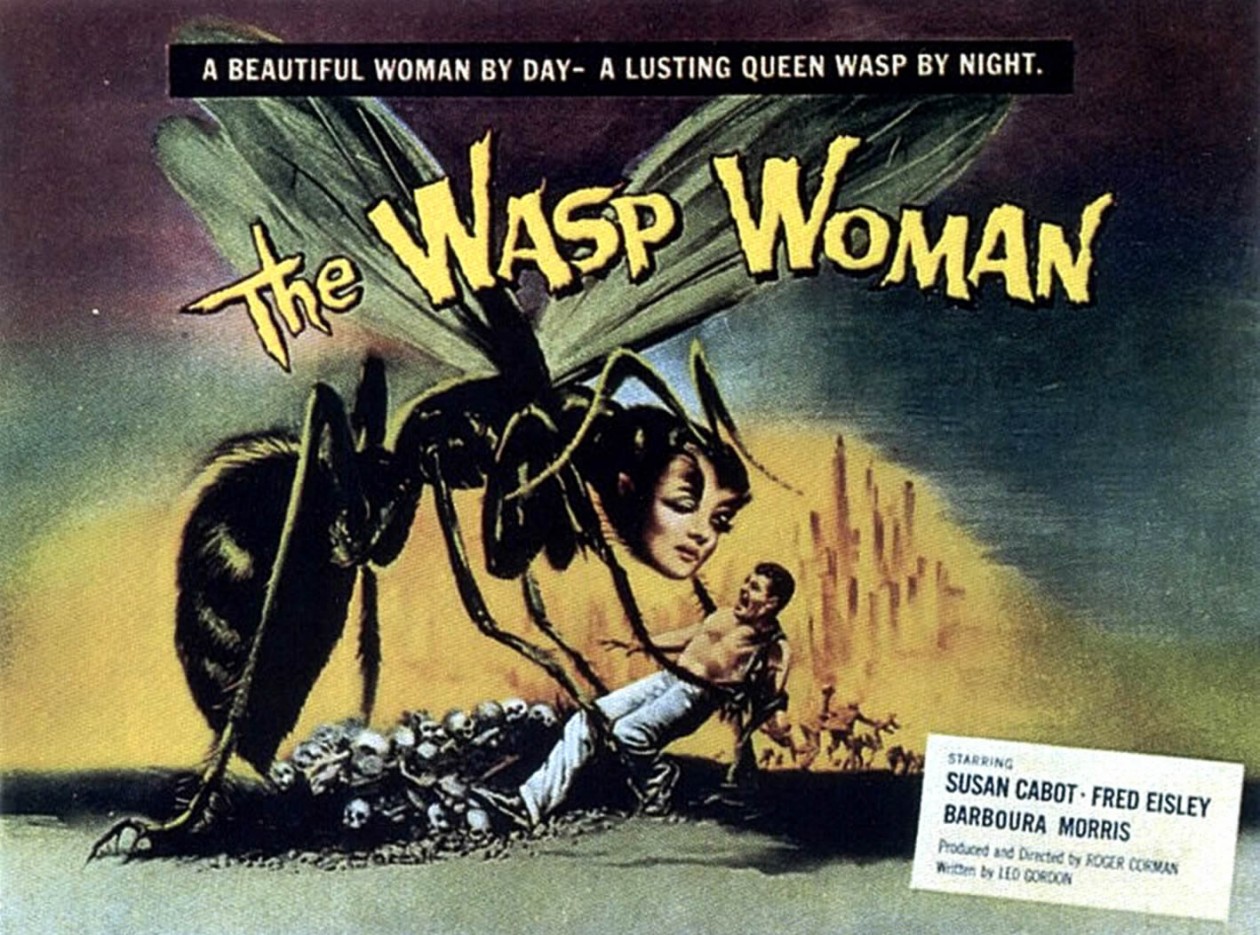From what I gathered from the article, Fleeing from Documentary Michelle Cintron, uses the genre of autobiographical film to tell a fictional story that might as well be a true one. She talks about how not only was the film inspired by some true events of her life, but also portrays some events that are perpetuated by the culture that they lived in.
Something that really resonated in me was the choice to use actors in what would be considered to be an autobiographical documentary film. I was especially interested in this because I was curious as to who was holding the camera the entire time throughout the film. Since I am not familiar with this form of filmmaking, I assumed normal conventions of a documentary film would be implemented. That being that a documentary is told through the eyes (or the camera) of the person that wants to tell a story. And seeing the subjects of the film on the camera but also expecting them to behind the camera troubled me. But also, I can’t say that I am familiar with the conventions of an autobiographical film, and so I was confused by the use of actors in this film.
Although the Cintron expressed that using actors in this film were to protect the dignity of people who’s stories were being told, I believe there could also be other readings of this choice. My own interpretation of this decision of the filmmaker is to portray the ideas being spoken of these women not only of the filmmaker but also to a larger audience that can identify with some of the culturally relevant idea of the time period. Allowing actors to take on the role, could be problematic in the sense that it takes the autobiography out of the film, and makes the story seem more contrived. But at the same time, allowing actors to take on the voice of the filmmakers story gives the audience a blank palette to identify with, or allows the audience decide if the story speaks for more than these actors, since they know that the actual women speaking these stories aren’t the ones that experience it.

I agree, I think a lot of people question if this is true documentation. Looking back on watching the film, I’m particularly disturbed by the fact that the account of the rape – a very personal, and traumatic incident – was acted out. However, these types of scenes are acted out in narrative films as well, so it’s interesting to note how this is somehow more offensive in a documentary.
The key is for the filmmaker to NOT claim that the documentary is completely authentic, because that would be a lie. At one point in the article it says: “The tension that exists between respecting the rights of others and speaking the unspeakable, what is often labeled the right to privacy versus the right to know, is solved by fiction.” However, in using actors, does the audience really feel like they’re learning the truth?
I agree with Cinton’s choice after reading her explanation and her reasoning. However prior to that reading I felt and still do feel that the film might have been more engrossing if done a different way.
I turn to the Vagina Monologues as an example of how the film could have been done while still remaining a documentary and still challenging the male domination of the documentary genre.
Imagine if instead of the stories of many women being adopted to be told in the narrative provided by the actresses, a large number of actresses had instead represented each woman and told their tale. No one believes that the Women who read the Vagina Monologues actually wrote the stories their reading but by using numerous actresses it allows for the sheer scope of the collected stories to be shown directly to the audience. Instead of limiting the scope of the stories of a large number of women to two sisters and their mother.
I think the claim that actors help the audience identify with this film is problematic because the audience did not know that the stories were being told by actors until the end of the film. I assumed the stories were coming from the people who experienced them. When I found out the stories were told by actors, I did not feel any greater sense of identification with the stories. Instead, I felt a little cheated and wondered why the actors were used.
However, with such an intense topic like rape, I think it is sometimes necessary to use fiction. Someone in class brought up “The Things They Carry.” I remember reading this book in High School and also feeling cheated when I found out that some of the stories were made up. However, I remember my High School teacher talking to us about the power of fiction in telling the truth. He told us that with such intense topics (like war, and in this case, rape), reality is blurred even while the moment is really happening. Therefore, the only way to accurately portray them is to use fiction. While I do believe there were other confidentiality reasons that lead to the actors being used in this film, it is interesting to note the power of fiction.